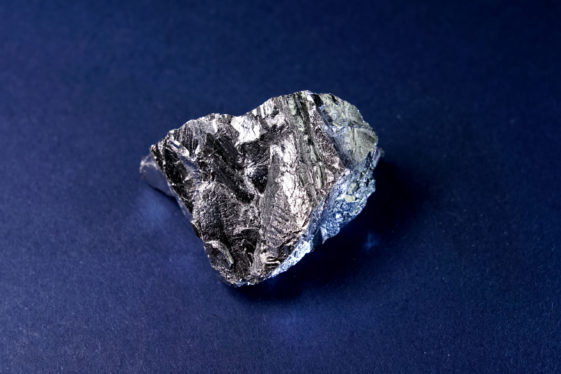
Enlarge / Lutetium, the metal at the core of superconductivity claims. (credit: L Yagovy)
On Monday, the journal Nature released a report from Nanjing University researchers that had attempted to replicate an earlier paper that described a compound that superconducted at room temperature and relatively moderate pressures. Despite persuasive evidence that they’ve produced the same chemical, the team indicates they see no sign of superconductivity, even down to extremely low temperatures.
The failure will undoubtedly raise further questions about the original research, which came from a lab that had an earlier paper on superconductivity retracted.
Bold claims
The work is part of a growing body of literature on metals complexed with hydrogen. These hydrogen-rich chemicals can form at ambient conditions, but added pressure can force additional hydrogen atoms into the structure. The resulting high-pressure compounds have ingredients—spare electrons from the metal, light nuclei from the hydrogen—that are thought to favor the formation of Cooper pairs from the electrons, a key ingredient in superconductivity. And a number of hydrogen-rich chemicals have been found to superconduct at over 200 K (-75° C) if the pressure is high enough.
Read 10 remaining paragraphs | Comments



